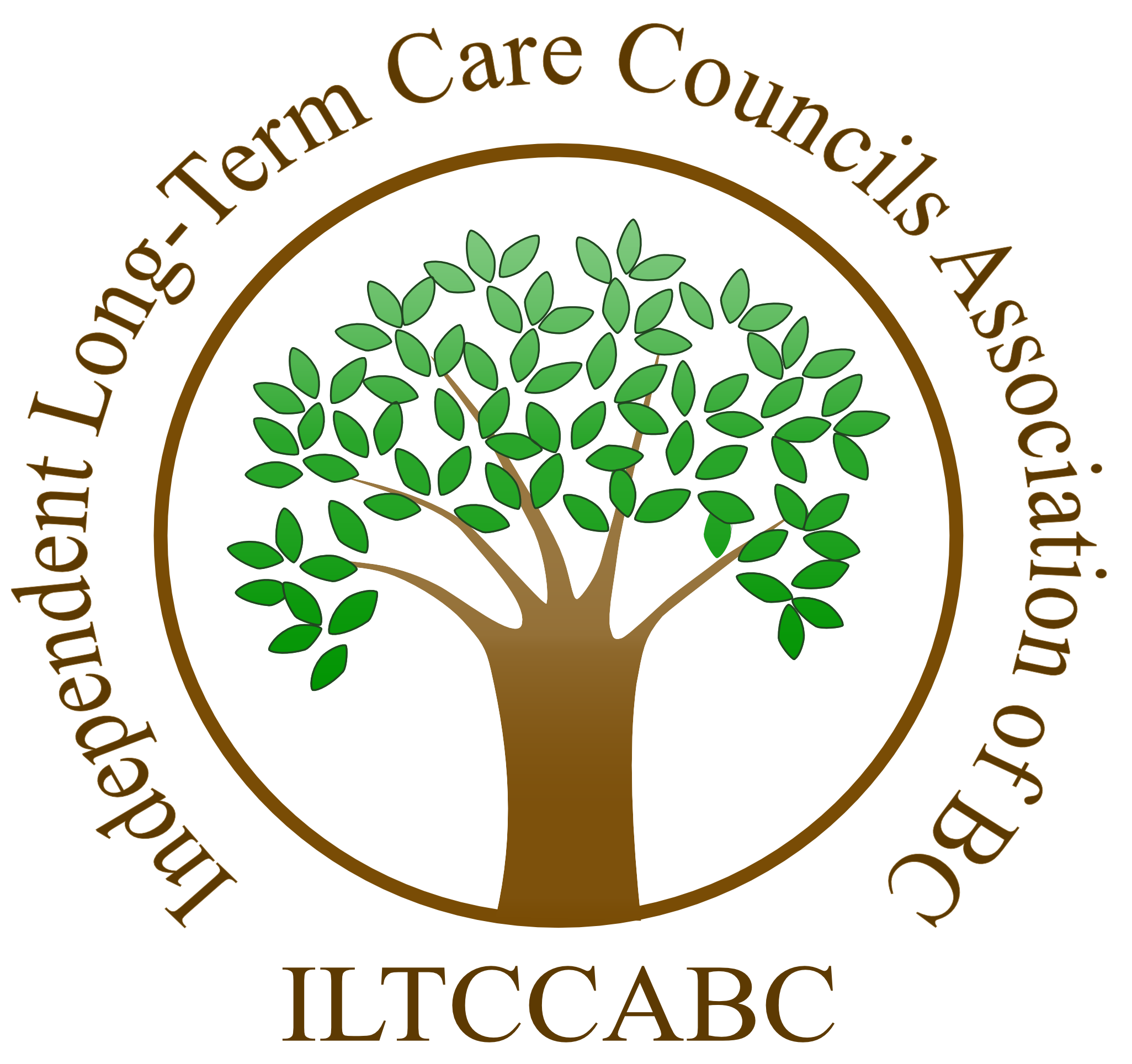Please reach out to your respective Regional Association of Family Councils: Each regional association has experienced volunteers who will assist LTC home operators and resident’ families & representatives to learn about, establish and maintain effective “Family Councils. Experienced volunteers share their knowledge of the LTC system and offer many resources to equip family councils with the tools they need to enable them to advocate effectively on behalf of all residents
WHO CAN SET UP A FAMILY COUNCIL?
Residents’ families and representatives can set up a council on their own initiative. LTC home leadership must encourage and support the establishment of a family council.
WHAT IS A FAMILY COUNCIL?
A Family Council is a forum for family members and representatives of residents in Long-Term Care (LTC) who:
work together with long-term care leadership to improve the quality of care and quality of life of the home’s residents; and
have a voice in decision-making that affects them and their loved ones.
Moving into a long term care home is a major change, accompanied by a loss of what is familiar and comfortable, both for residents and their families, friends or other caregivers. Participating on a family council is a way for residents’ family members and representatives to make living in a long-term care home a happier and more successful experience for all residents.
Members may be residents’ family or representatives acting on behalf of the resident. A council structure is flexible. A council may be large and formal or small and informal, depending on what works best in each case. Each member can contribute to the level that is best for them.
Council meetings are a place to raise concerns, have a voice in shaping policy and to hear and understand what each council member has to offer. Family Council meetings can be held in a hybrid format (allowing council members to choose to attend in-person or via zoom).
WHAT DO FAMILY COUNCILS DO?
- Offer support to all families and resident’s representatives who have a loved one residing in a long-term care home.
- Work to strengthen relationships with the long-term care home management and staff for the purpose of improved resident experience.
- Serve as a sounding board for long-term care home senior leadership and advisory body on new ideas and improvements.
- Educate and inform families about issues relating to residents, the care home and the long-term care system.
- Advocate for positive change within the long-term care home and the long-term care system by participating in its respective regional association of family councils.
BENEFITS OF A FAMILY COUNCIL for Long Term Care Home Operations
- Increases the likelihood that new long-term care policies will be implemented smoothly and successfully; positively impacting residents because families will have had an opportunity to comment on and shape these policies.
- Acts as a triage, providing families direct support often fixing problems before they escalate to Administration.
- Can provide creative solutions to problems.
- Gives honest feedback to use for ongoing quality improvement.
- Acts as a mechanism of engagement which elevates concerns and ideas beyond the capacity of the care home to our Health Authority and Ministry of Health via the regional associations of Family Councils.
BENEFITS OF A FAMILY COUNCIL for Residents’ Family Members & Representatives
- Provides peer support and encouragement.
- Gives families a place to constructively channel their concerns.
- Reduces sense of isolation, helplessness, frustration.
- Increases participants’ understanding and awareness of what’s possible through guest presentations and knowledge sharing
- Encourages its members to generate ideas to improve residents’ quality of care and quality of life
- Facilitates an opportunity to shape long-term care policies and procedures affecting their loved ones and all residents residing in the long-term care home.
- Enables avenues to elevate the collective voice not only at the local level (LTC home operator) but also to the regional level (Health Authority) and provincial level (Ministry of Health)
Please reach out to your respective Regional Association of Family Councils.
Fraser Association of Family Councils
Email: FAFC2021alicea@gmail.com
Vancouver Coastal Association of Family Councils
Email: vcafc.regional@gmail.com
Northern Association of Family Councils
Email: nafc.regional@gmail.com
Vancouver Island Association of Family Councils
Email: VIAFC.regional@gmail.com

